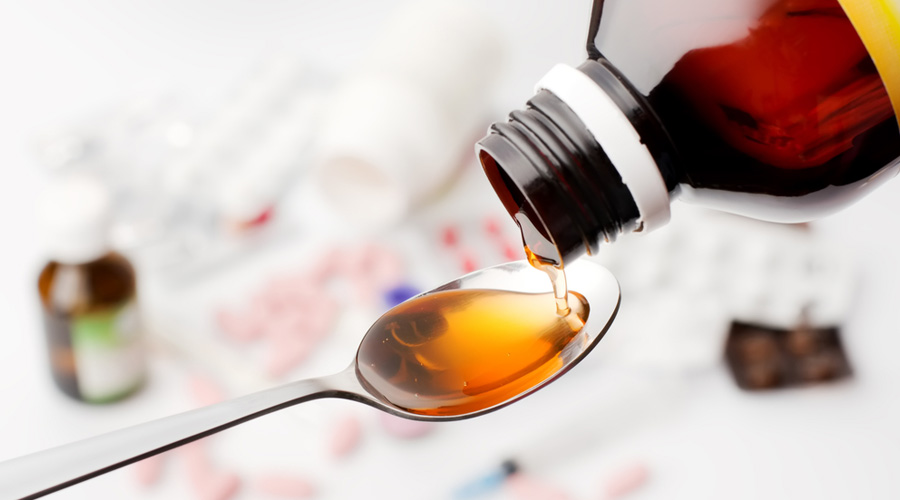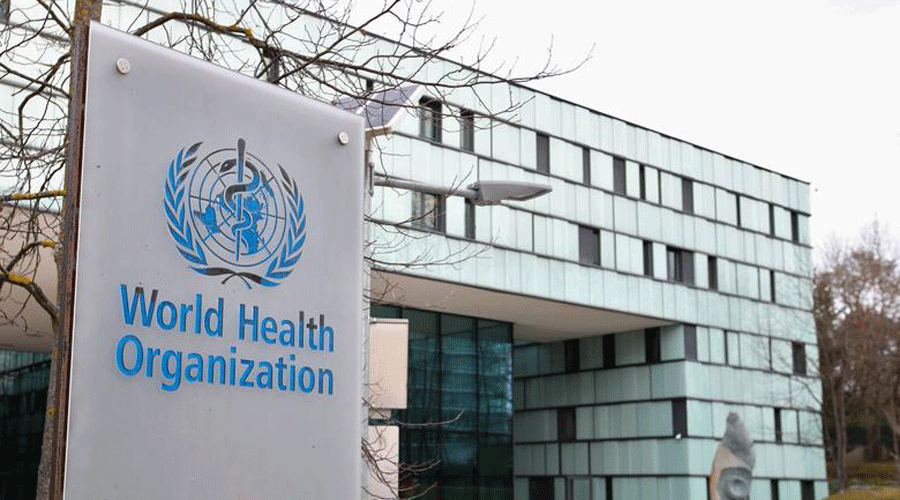Eighteen children have died in Uzbekistan after receiving excess amounts of an Indian-made medicine contaminated with a toxic chemical, the Uzbek health ministry has claimed, two months after Gambian authorities had linked 66 child deaths to another similarly contaminated syrup from India.
Uzbekistan’s health ministry said 18 of 21 children with acute respiratory disease had died after they received the paediatric syrup — Doc-1 Max, manufactured by the Indian firm Marion Biotech — in amounts which exceeded the standard doses for children.
The health ministry, in a December 27 media release on its website, also said “preliminary laboratory studies” had shown that this series (batch) of the syrup contained ethylene glycol, a toxic substance known to cause acute kidney injury. The syrup has been withdrawn from Uzbekistan, the ministry said.
Marion Biotech officials were not immediately available on Wednesday to respond to the Uzbek ministry’s claims. Phone calls to Marion Biotech’s offices in Noida remained unanswered. The Union health ministry also did not respond to queries from this newspaper seeking a response to the release and asking whether the medicine is sold in India.
The World Health Organisation had issued a global alert in early October, cautioning that paediatric syrups made by the Haryana-based firm Maiden Pharmaceuticals were found contaminated with diethylene glycol and ethylene glycol. Both are dangerous substances that “should not be in any medicine ever”, the WHO said.
The WHO alert followed an investigation by Gambian health authorities who had linked the deaths of at least 66 children to syrups from Maiden found contaminated with the toxic substances.
The Uzbek health ministry has said all the children were given the drug without doctors’ prescriptions. “Since the main component of the drug is paracetamol, Doc-1 Max was incorrectly used by parents as an anti-cold remedy on their own or on the recommendation of pharmacy sellers. And this was the reason for the deterioration of the condition of patients,” the ministry said.
The ministry said an investigation found that before they were brought to hospital, the children had taken the drug at home for two to seven days, three to four times a day, in 2.5 to 5ml amounts, exceeding the standard dose for children.
Doc-1 Max is a cocktail of three drugs — paracetamol, guaifenesin and phenylephrine hydrochloride — and the company Marion Biotech has described it as a product intended for treatment of blocked nose, sore throat, productive cough, headache and fever associated with cold and flu.
Doc-1 Max was imported into Uzbekistan by Quramax Medical LLC, and each drug series was tested with the subsequent issuance of a certificate of conformity, the Uzbek health ministry said.












